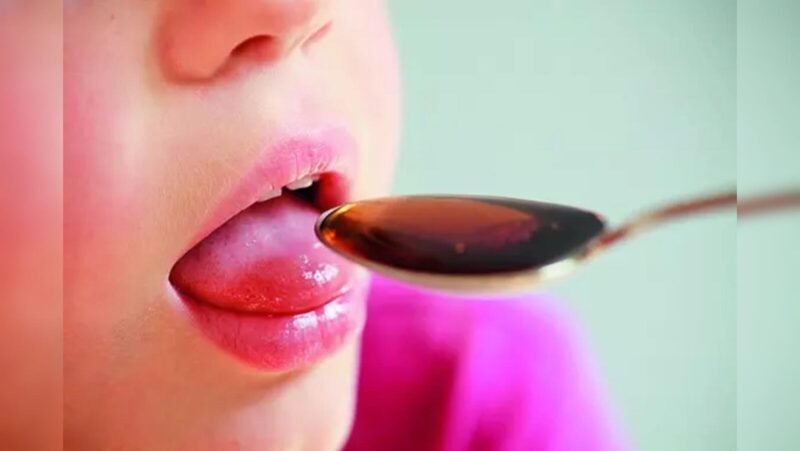
The Union Health Ministry is taking swift action. This follows a serious issue of child fatalities. Children in Madhya Pradesh and Rajasthan died after consuming a harmful cough syrup. The Central Drugs Standard Control Organization (CDSCO) has launched a widespread investigation. This probe targets manufacturing units across six states. These states include Himachal Pradesh, Uttarakhand, Gujarat, Tamil Nadu, Madhya Pradesh, and Maharashtra. The immediate goal is to identify defects in drug quality.
Multi-Agency Expert Team Formed for Assessment
The Health Ministry has established a dedicated team of experts. This team comprises specialists from several key national institutes. Members come from the National Institute of Virology and Indian Council of Medical Research (ICMR). Experts from the National Environmental Engineering Research Institute are also involved. The CDSCO and AIIMS-Nagpur contributed their specialized knowledge.
This multi-agency team is crucial for the ongoing investigation. They are actively analyzing various samples and factors. Their work focuses on determining the exact causes of the deaths. The assessment centers specifically on the fatalities that occurred in Chhindwara and surrounding areas of Madhya Pradesh.
Nationwide Inspection of Drug Manufacturing Units
The CDSCO commenced inspections on October 3. These inspections cover 19 drug manufacturing units. These units produce a range of medicines. The focus is on cough syrups, antipyretics, and antibiotics. Nineteen drug samples have been collected from these facilities.
The ministry stated the investigation’s dual purpose clearly. First, it aims to pinpoint specific deficiencies that led to poor drug quality. Second, the probe intends to recommend process improvements. This crucial step is necessary to prevent similar incidents in the future.
Initial Sample Testing for Toxic Contaminants
Initial testing has provided some important, though limited, results. The Health Ministry reported on several samples tested. The CDSCO tested six drug samples from the units. The Madhya Pradesh Food and Drug Administration tested three samples locally. All these nine samples were found to be free of two major toxins. These toxins are Diethylene Glycol (DEG) and Ethylene Glycol (EG). These chemicals are notorious for causing severe kidney damage.
Suspect Cough Syrups Not Yet Cleared
Ministry sources clarified the scope of the initial negative results. The samples tested so far by the CDSCO were not from the two most suspect cough syrups. One of these highly scrutinized syrups is called Coldrif. This product has been under investigation since the reports of the child deaths emerged.
A source indicated that the six CDSCO samples were diverse. They included antibiotics, antipyretics, and Ondansetron. These were other medicines and syrups consumed by the sick children in Chhindwara district.
Ongoing Analysis of Key Suspect Samples
Analysis of the main suspect cough syrup continues actively. The Madhya Pradesh State Drug Administration is still analyzing samples of Coldrif. They are also testing other potentially contaminated cough syrups.
The Madhya Pradesh government formally requested assistance from another state. They asked the Tamil Nadu Food Safety and Drug Administration Department for help. Tamil Nadu officials then tested Coldrif cough syrup samples. These samples were collected from Srisan Pharma in Kanchipuram.
The testing conducted in Tamil Nadu yielded a critical finding. The analysis confirmed the presence of DEG. The level of Diethylene Glycol exceeded the acceptable limits. This discovery prompted immediate regulatory action. The Tamil Nadu government swiftly banned the sale of the specific cough syrup. They also issued a directive to remove the product from the market entirely. This decisive action highlights the gravity of the public health threat. The national-level investigation will continue its crucial work. It must prevent further tragedies and secure drug safety across the country.


